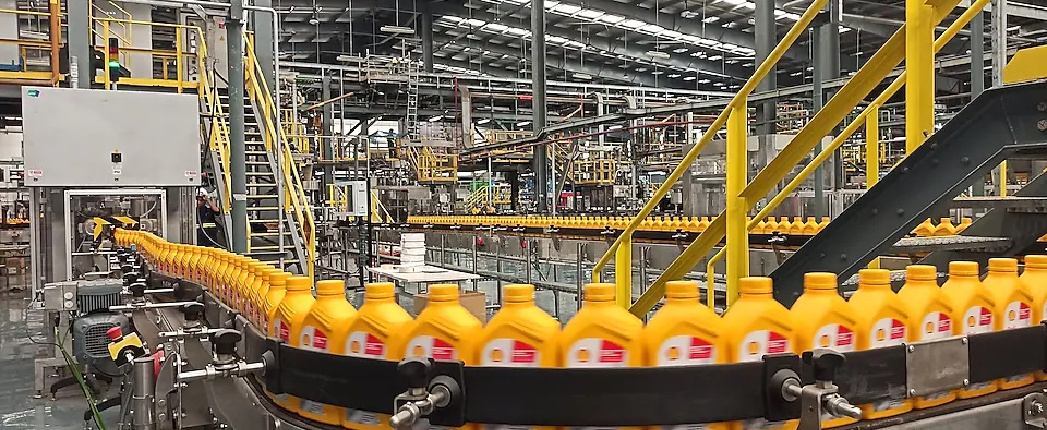
Shell completed an expansion that more than doubles the size of its lubricant blending plant on Indonesia’s Java island, raising capacity to 300 million liters (270,000 metric tons) per year and making it one of the company’s largest such facilities.
The British company said it undertook the project in response to the country’s growing demand for premium lubricants.
The plant’s capacity before the project was 136 million liters/year. The facility opened in November 2015, and Shell announced the expansion in March 2020 but never disclosed its price tag. The project included installation of 40 tanks with a combined capacity of 19,000 metric tons, an increase in mixing capacity and installation of four high-performance filling machines.
Located in Marunda Centre north of Jakarta, the blending plant will continue to produce a variety of lubricants, including engine oils for passenger cars and heavy-duty trucks, motorcycle lubricants, transmission fluids and industrial lubricants used by industries such as mining, power generation and construction, the company said.
According to Shell, the Association of Indonesian Automotive Industries reported that more than 800,000 new vehicles were sold in the country in 2021. Meanwhile, Shell pointed out that data from the Indonesian Motorcycle Industry Association showed that more than 5 million motorcycle units were sold in Indonesia last year.
“Indonesia is a key growth market for Shell, and our investment in the expansion of the [lubricants oil blending plant] in Marunda is a testament to our confidence in the Indonesian market,” Shell Executive Vice President for Global Lubricants Machteld De Haan said in a news release. “Lubricants are an important element that can drive sustainable growth in Indonesia, and this plant expansion will strengthen our supply chain so that we can serve more consumers more quickly and sustainably.”
As part of the company’s Powering Progress strategy to reduce emissions from operations, the plant sports several sustainability features, including solar panels and a rainwater harvesting system to help reduce water consumption. The solar panel installations generate 1.1 million kilowatt-hours of electricity per year, which Shell said will supply 35% of the Marunda plant’s power consumption.